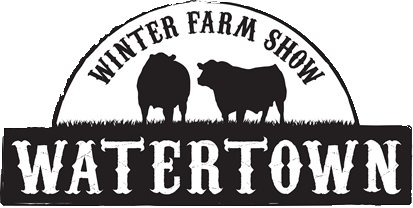Essential Estate Planning for Farmers
For many farmers, the family farm is more than just land—it’s a legacy passed down through generations. However, without proper estate planning, your hard-earned assets could be at risk from the IRS, long-term care costs, and family disputes. Here’s why estate planning is crucial for farmers and how you can take proactive steps to protect your farm and your family’s future.
Estate taxes can be a major burden on farm families. When a farm is inherited, heirs may face significant federal and state estate taxes, sometimes forcing them to sell land or assets just to cover the bill. Utilizing the lifetime estate and gift tax exemption, establishing a trust to reduce taxable assets, and strategically gifting farm assets over time can help mitigate these tax liabilities and ensure that your farm stays in the family.
Additionally, long-term care expenses can quickly drain farm assets, leaving little for the next generation. Without proper planning, Medicaid may require the sale of farm property to cover nursing home costs. There are proactive steps you can take keeping in mind Medicaid’s five-year look-back period to help safeguard your farm from being lost to nursing home costs.
Estate planning is not just about taxes and nursing home costs—it’s also about preventing conflicts among heirs. A lack of clear planning can lead to disputes over land ownership, operational control, and asset division. Creating a farm succession plan can provide guidance and reduce the potential for conflict.
Take action now. Farmers work tirelessly to build and maintain their operations, but without estate planning, that hard work could be undone. Consulting with an experienced estate planning attorney can help you develop a tailored plan that protects your farm, minimizes taxes, and ensures a smooth transition to the next generation. Don’t wait until it’s too late—give our office a call today at 605-275-5665 and start planning to secure your farm’s future.



